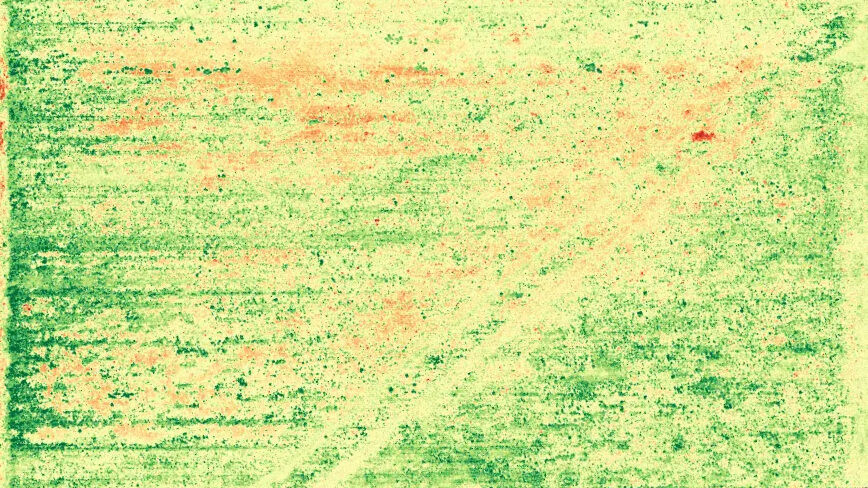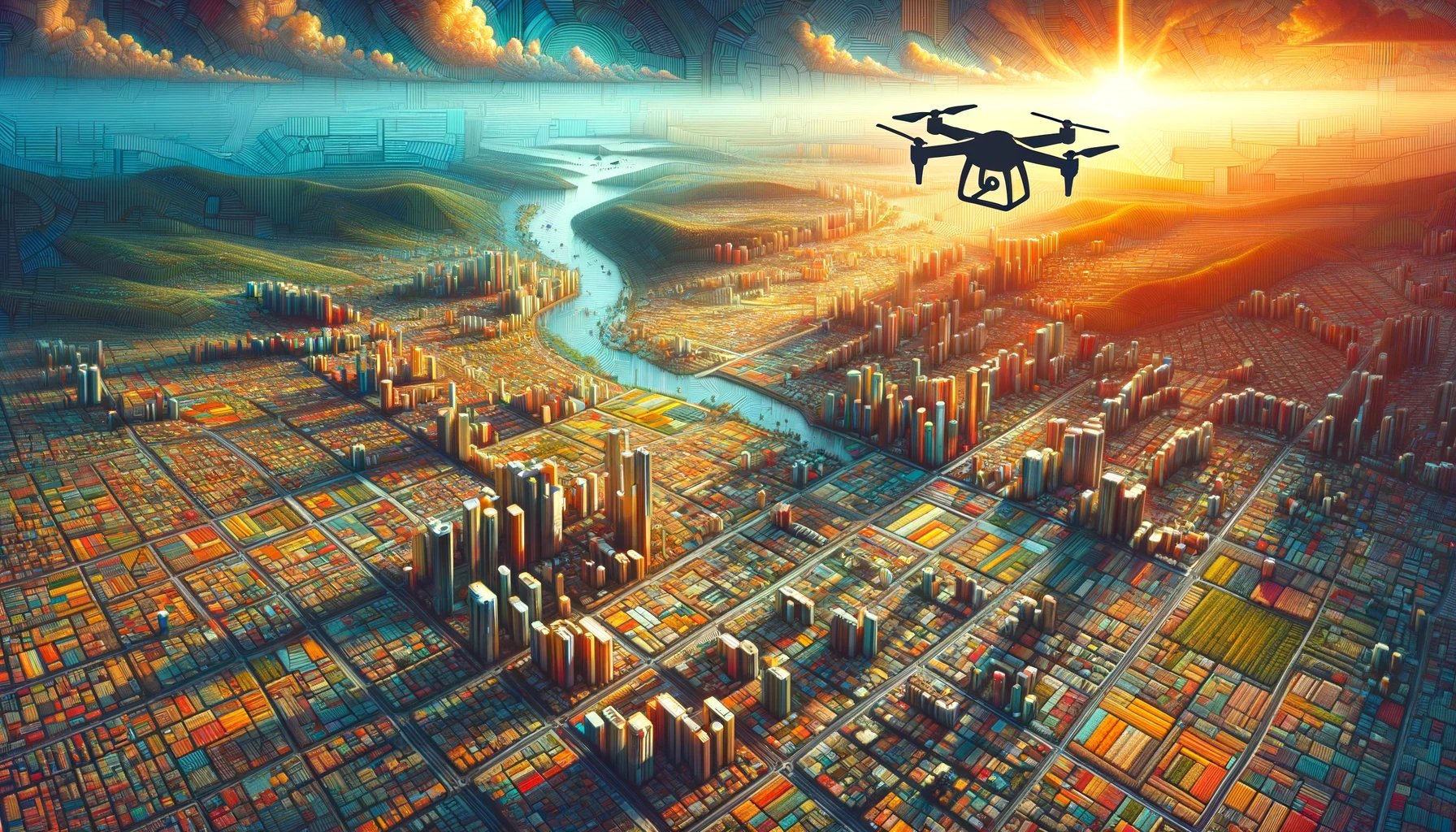In the ever-evolving landscape of agriculture, staying ahead of technology trends is not just an option; it’s a necessity. Among the most groundbreaking advancements reshaping the sector is drone technology, a tool that is rapidly becoming indispensable for farmers and agricultural companies worldwide. This blog post delves into the multifaceted benefits of drone technology in agriculture, particularly focusing on crop monitoring—a critical component of modern farming practices.
Enhanced Efficiency in Crop Monitoring
Drone technology has revolutionized the way crop monitoring is conducted. Traditional methods, often labor-intensive and time-consuming, can now be accomplished more swiftly and accurately. Drones equipped with advanced sensors can cover vast areas in a fraction of the time it would take on foot or by traditional machinery, providing near real-time data that is crucial for timely decision-making and interventions.
Precision Agriculture at Its Finest
Precision agriculture relies on the accurate analysis of data to optimize crop yields and reduce waste. Drones play a pivotal role in achieving this by offering detailed insights into crop health, soil conditions, and moisture levels through sophisticated imaging technologies like multispectral or thermal imagery. This data allows for precise application of water, fertilizers, and pesticides, minimizing environmental impact and maximizing efficiency.
Cost Reduction and Increased Profitability
The adoption of drone technology in crop monitoring can lead to significant cost savings for farmers and agricultural companies. By enabling targeted interventions, drones reduce the overuse of resources and inputs, translating into lower operational costs. Early detection of issues such as pest infestations or nutrient deficiencies allows for quicker responses, preventing losses and enhancing crop yields, which in turn boosts profitability.
Environmental Sustainability
Sustainability in agriculture is a pressing concern, and drone technology offers a way to address it. Through precision farming, drones help in significantly reducing the carbon footprint of agricultural practices by optimizing resource use and decreasing the reliance on chemicals. This not only benefits the environment but also aligns with the growing consumer demand for sustainably produced food.
Data-Driven Decision Making
In the age of information, data is king. Drones provide a wealth of data that can be analyzed to make informed decisions, predict crop yields, and plan future farming strategies. This data-driven approach to agriculture empowers farmers and companies to continuously improve their practices, ensuring long-term sustainability and success.
Overcoming Challenges and Embracing Opportunities
While the adoption of drone technology in agriculture presents numerous opportunities, it’s not without its challenges. Regulatory hurdles, initial setup costs, and the need for technical expertise can be barriers. However, the potential benefits far outweigh these obstacles. By embracing drone technology, farmers and agricultural companies can significantly enhance their crop monitoring capabilities, leading to better yields, reduced costs, and a more sustainable future.
Conclusion
Drone technology in agriculture, especially for crop monitoring, represents a significant leap forward in how we approach farming. It offers a blend of efficiency, precision, and sustainability that traditional methods simply cannot match. For farmers and agricultural companies aiming to stay competitive in a rapidly changing industry, investing in drone technology is not just a smart choice—it’s an essential step towards a more productive and sustainable future.
For those looking to explore the benefits of drone technology in their agricultural practices, the time to act is now. Embrace the future of farming, and let drone technology transform your agricultural operations from the ground up.






